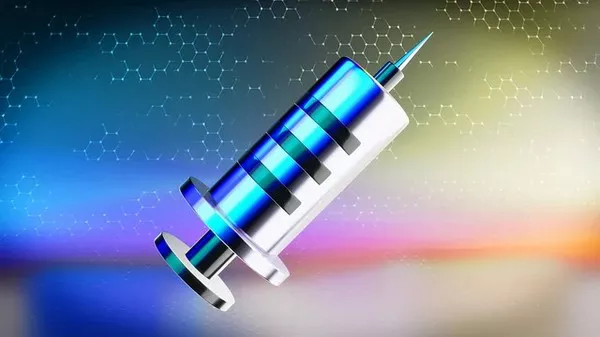Novo Nordisk, a global leader in insulin production, is on the cusp of a breakthrough that could dramatically improve the lives of people with diabetes. The company has developed a new form of insulin, NNC2215, that adjusts its activity in real-time based on blood glucose levels, potentially reducing the risk of hypoglycemia — one of the most dangerous side effects of insulin therapy.
The development stems from a partnership with the UK-based startup Ziylo, which pioneered research on glucose-responsive molecules. In a significant move, Novo Nordisk acquired Ziylo in a deal that could exceed $800 million, recognizing the potential of these glucose-sensitive molecules in revolutionizing diabetes management. Prior to the acquisition, Ziylo had already spun off a research venture, Carbometrics, to continue optimizing glucose-binding molecules and exploring continuous glucose monitoring applications.
At the core of this innovation is NNC2215, a modified insulin conjugate designed to respond dynamically to glucose fluctuations. By incorporating a glucose-binding molecule into the insulin, the system “switches” its bioactivity in response to glucose levels, thereby allowing insulin to become more active when needed and less active when glucose levels drop. The result is a highly responsive insulin that can prevent the dangerous dips in blood sugar levels that often occur with conventional insulin therapies.
In animal studies, NNC2215 demonstrated a remarkable ability to maintain blood glucose control while significantly reducing the risk of hypoglycemia. This insulin variant was able to adjust to varying glucose levels, offering better glycemic control and lessening the chances of dangerous low blood sugar episodes. Researchers report that the glucose sensitivity of NNC2215 increased its insulin receptor affinity by 3.2 times when glucose levels were elevated from 3 to 20 mM.
The journey to this point took six years of fine-tuning, as scientists worked to ensure that NNC2215 activated at precisely the right glucose concentration, making it a safe and effective treatment for diabetics. If clinical trials confirm its effectiveness in humans, NNC2215 could potentially eliminate one of the major challenges of insulin therapy — the unpredictable swings in blood sugar levels that often lead to life-threatening hypoglycemic episodes.
As scientists push forward with these promising advancements, the hope is that glucose-responsive insulin could provide a new level of safety and convenience for diabetes patients, offering better control over blood sugar and a reduced risk of serious complications.
For now, the diabetes community is watching closely as Novo Nordisk moves closer to clinical trials, with high hopes for this innovative approach to insulin therapy.
Related topics:
Yimeng Drink Is Not a Cure-all, Beware!


























